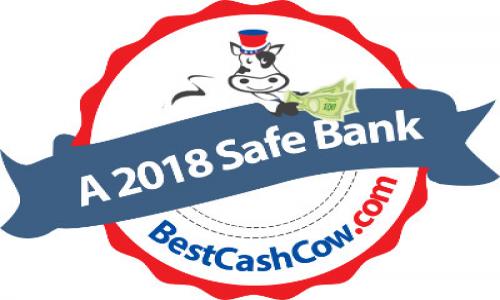A common question we receive at BestCashCow is whether a holder of a savings or CD from a bank needs to pay taxes on the interest generated from those accounts. The short answer is: yes. Interest from FDIC insured accounts (savings accounts, CDs, interest checking, rewards checking) is taxable in the year in which it is received.
In most cases, your financial institution will send a 1099-INT form that indicates the amount of taxable interest you received over the course of the year. It is this number which you should report on your tax form. If you do not receive a 1099-INT and have an interest bearing account, you are still responsible for reporting your income. The IRS expects that you will contact your financial institution and find out the correct information so not receiving 1099-INT or any interest statements by mail is not an excuse to ignore the interest income.
If you have earned more than $1,500 in interest or more than $1,500 in dividends you will need to file a Schedule B, which prevents you from using a form 1040A or form 1040EZ. Note that dividend and interest income are each treated independently in triggering a Schedule B. If you earn $1,000 in interest and $1,000 in dividends, you do not need to file a Schedule B, but if either interest or dividend income is over $1,500 in a given year, you will need to file Schedule B.
Interest on Long-term or Non-maturing CDs
Interest earned on CDs, even if they did not mature in the tax year, is taxible in the year in which it is credited to your account for all CDs greater than 1-year. Even if the bank or credit union did not send you a check for the CD interest earned, but credited it to your principal balance, you still need to report that income on your taxes. The rule holds true even if you do not have the right pursuant to the terms of the CD to access the income. For this reason, some some people prefer to open CDs with their IRA funds, as the income on an IRA CD may accumulate in a tax deferred manner.
For specific questions, please ask a qualified tax accountant.











Comments
Jim Kucera
June 19, 2017
I'm sure that you mean "Schedule B" and not "Schedule D."
Is this review helpful? Yes:0 / No: 0
Add your Comment
use your Google account
or use your BestCashCow account